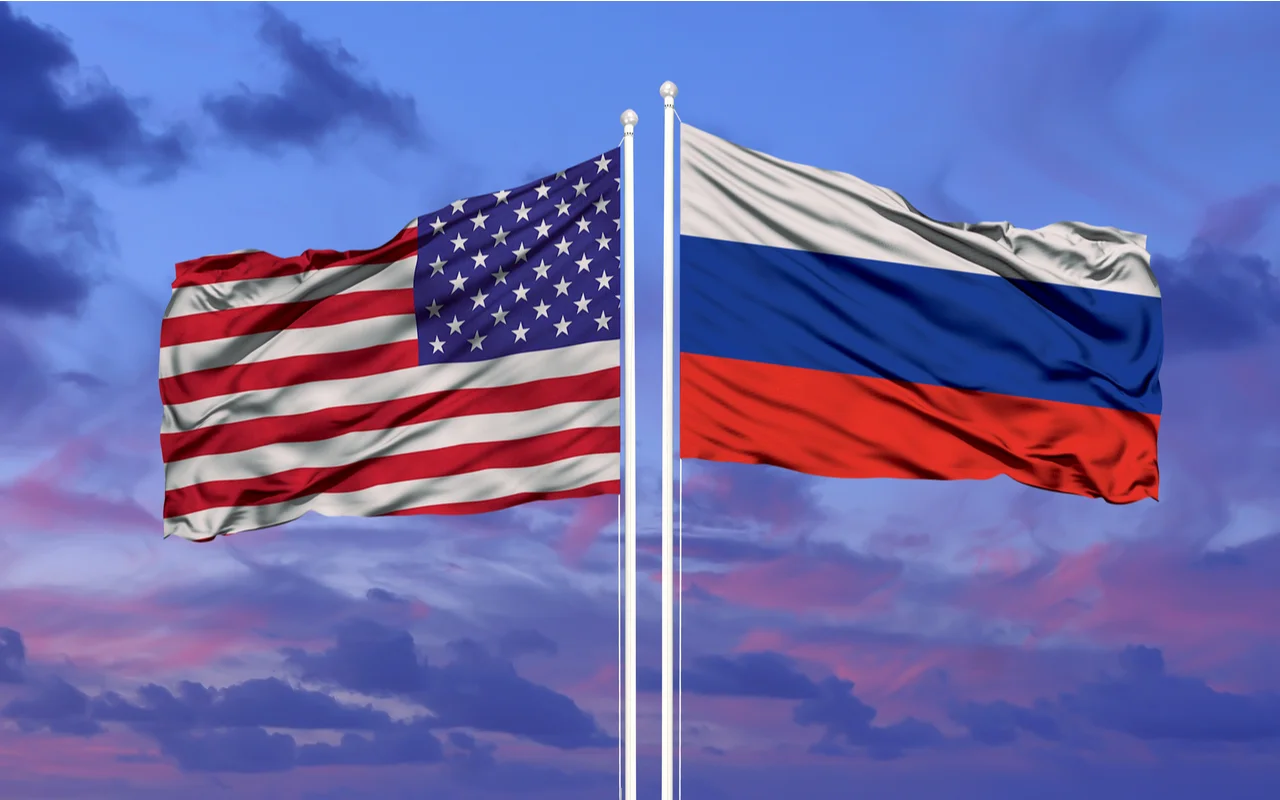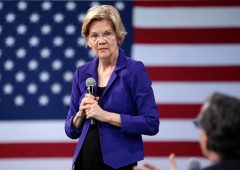Russia Open to Begin a Dialogue with the U.S., Says Kremlin Spokespeson
06.11.2024 12:03 1 min. read Kosta Gushterov
Kremlin spokesperson Dmitry Peskov has stated that he is unaware of any plans by President Vladimir Putin to congratulate Donald Trump on his lead in the U.S. presidential race, emphasizing that the U.S. is considered an unfriendly nation.
While Peskov affirmed that Putin is open to dialogue, according to Russian news agency Kommersant, he noted that any potential communication with Trump would depend on the U.S. side.
Peskov also addressed questions regarding how Trump’s likely victory might affect U.S.-Russia relations, asserting that it would be difficult to worsen the already strained ties between the two countries.
Relations, he noted, are at an all-time low, and future developments will hinge on the actions of the new U.S. leadership. Putin has repeatedly expressed his willingness for constructive talks based on equality and mutual respect for concerns, though the current U.S. administration’s stance remains oppositional.
When asked if Trump’s future friendly gestures might change the situation, Peskov stated that it would be premature to speculate. The Kremlin is closely monitoring Trump’s campaign rhetoric, but any real assessment will come after concrete actions are taken once he assumes office.
As of November 5, Trump is leading in the election, securing the necessary electoral votes to win. His opponent, Kamala Harris, trails behind, including in key battleground states. Trump, who has previously claimed to have a strong relationship with Putin, declared himself the winner and vowed to end wars.
-
1
U.S. PCE Inflation Rises for First Time Since February, Fed Rate Cut Likely Delayed
27.06.2025 18:00 1 min. read -
2
Key U.S. Economic Events to Watch Next Week
06.07.2025 19:00 2 min. read -
3
Gold Beats U.S. Stock Market Over 25 Years, Even With Dividends Included
13.07.2025 15:00 1 min. read -
4
U.S. Announces Sweeping New Tariffs on 30+ Countries
12.07.2025 16:30 2 min. read -
5
US Inflation Heats Up in June, Fueling Uncertainty Around Fed Cuts
15.07.2025 16:15 2 min. read
US Inflation Heats Up in June, Fueling Uncertainty Around Fed Cuts
U.S. inflation accelerated in June, dealing a potential setback to expectations of imminent Federal Reserve rate cuts.
Gold Beats U.S. Stock Market Over 25 Years, Even With Dividends Included
In a surprising long-term performance shift, gold has officially outpaced the U.S. stock market over the past 25 years—dividends included.
U.S. Announces Sweeping New Tariffs on 30+ Countries
The United States has rolled out a broad set of new import tariffs this week, targeting over 30 countries and economic blocs in a sharp escalation of its trade protection measures, according to list from WatcherGuru.
Key U.S. Economic Events to Watch Next Week
After a week of record-setting gains in U.S. markets, investors are shifting focus to a quieter yet crucial stretch of macroeconomic developments.
-
1
U.S. PCE Inflation Rises for First Time Since February, Fed Rate Cut Likely Delayed
27.06.2025 18:00 1 min. read -
2
Key U.S. Economic Events to Watch Next Week
06.07.2025 19:00 2 min. read -
3
Gold Beats U.S. Stock Market Over 25 Years, Even With Dividends Included
13.07.2025 15:00 1 min. read -
4
U.S. Announces Sweeping New Tariffs on 30+ Countries
12.07.2025 16:30 2 min. read -
5
US Inflation Heats Up in June, Fueling Uncertainty Around Fed Cuts
15.07.2025 16:15 2 min. read


